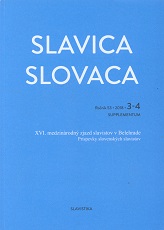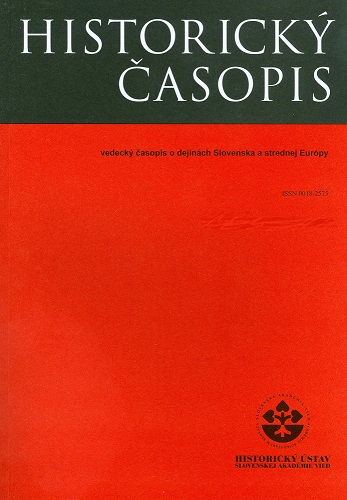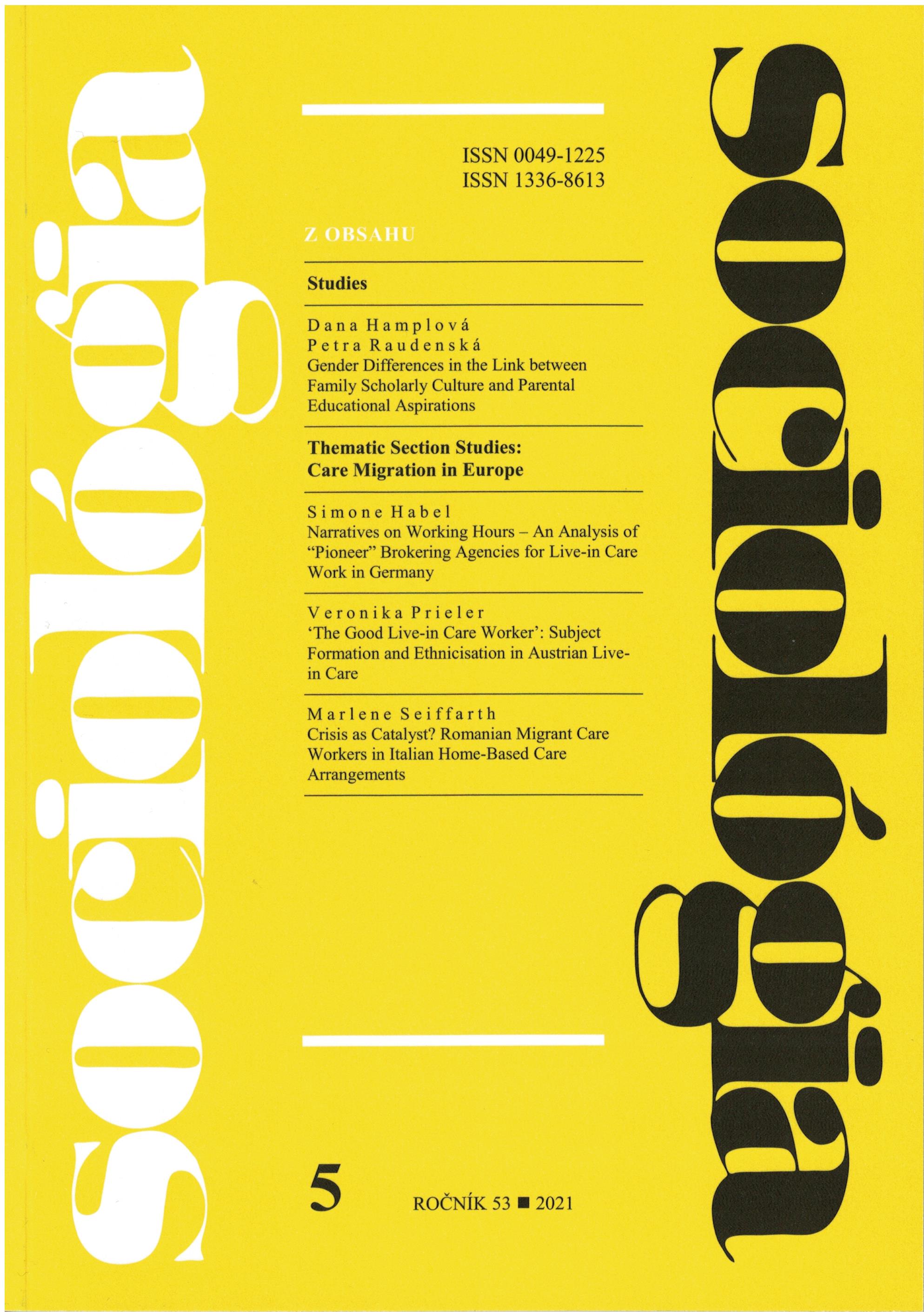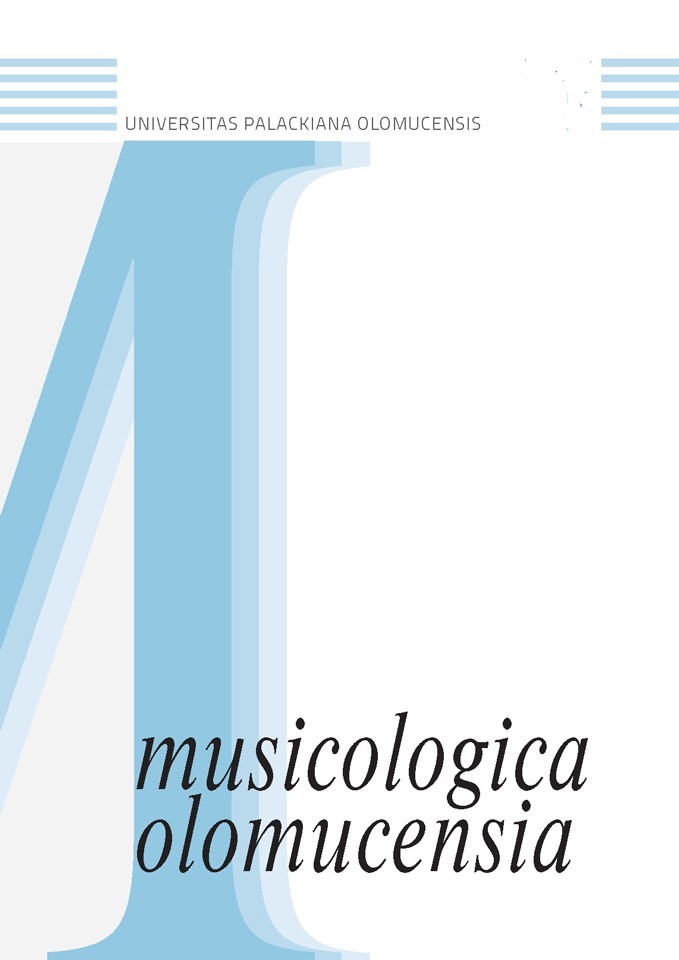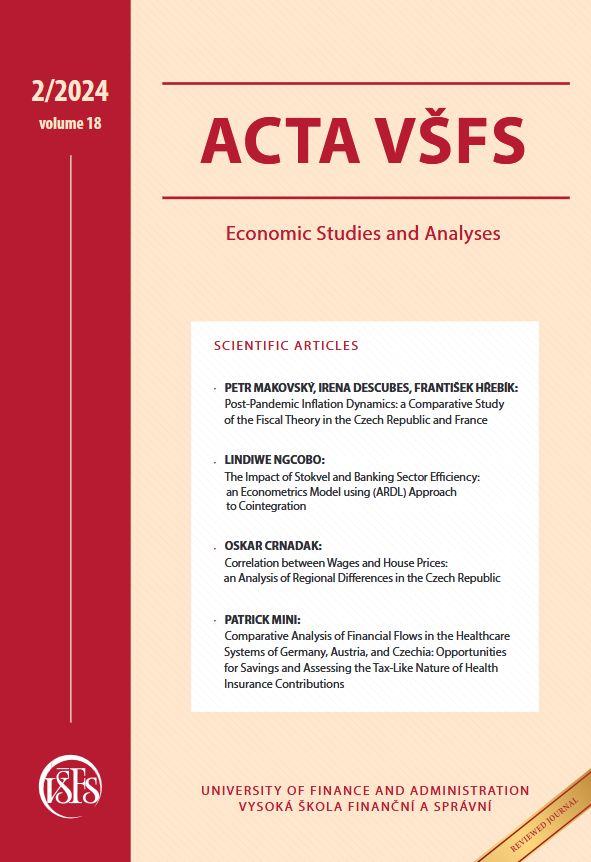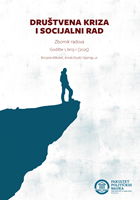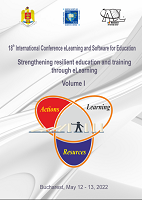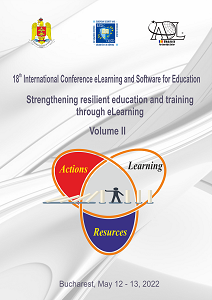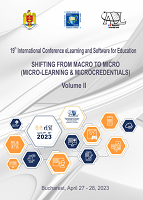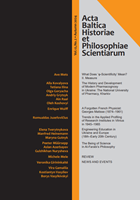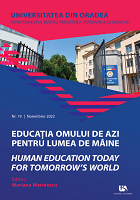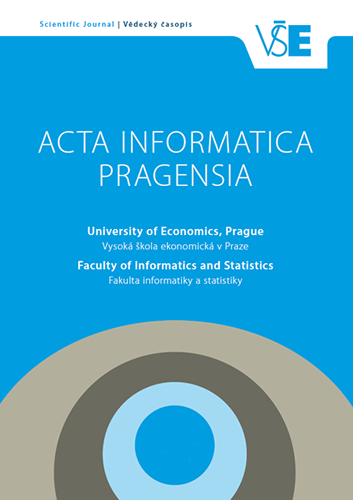
Starostlivosť o zdravie a výchova k zdraviu na vybraných mestských školách v druhej polovici 19. storočia
Templates for the state's healthcare of the Hungarian inhabitants were progressively created up until the Age of Enlightenment. One of the most important tasks of the state and public health authorities was to protect the inhabitants from contagious diseases. Educating people from every strata of the population to look after their health was also considered extremely important.The school environment brought many healthcare pros and cons for children and youths. This article is divided into three parts. In the first part, the author shows the most important pros and cons of the school environment in general. The introduction of physical education and health education into the school system and the employment of school doctor was a major plus. A school, however, as a collective institution allowed many contagious diseases to spread very easily. This is considered to be a huge minus. In the second part, the author pays closer attention to health education and also the function of school doctors in what is today Slovak territory up to 1918. In 1913 a little more than a half of secondary schools and half of teachers' institutes employed a school doctor. The third part brings an overview of everyday healthcare in selected city schools according to the school's annual reports. The author used the particular example of five secondary schools which employed school doctors.
More...
